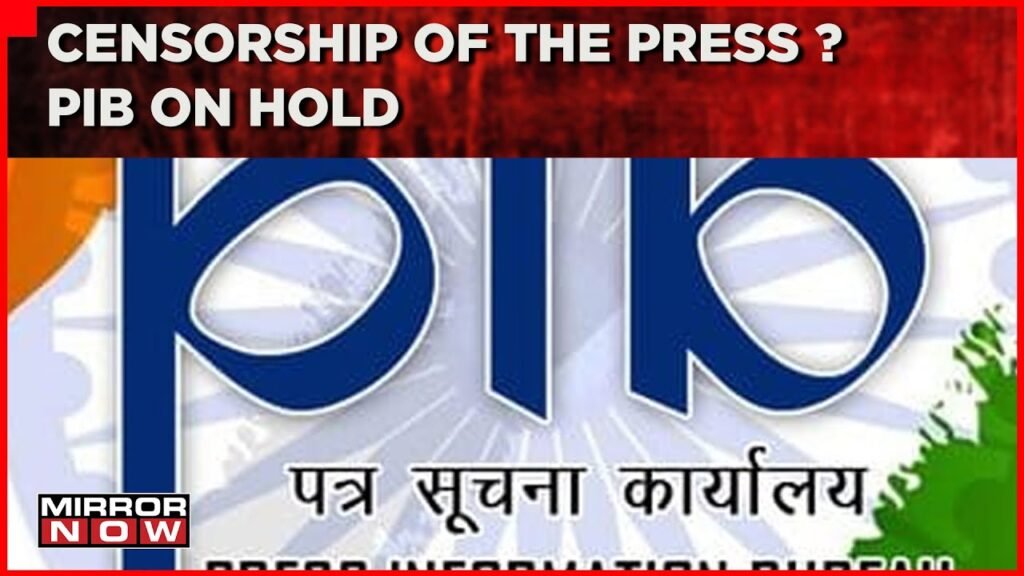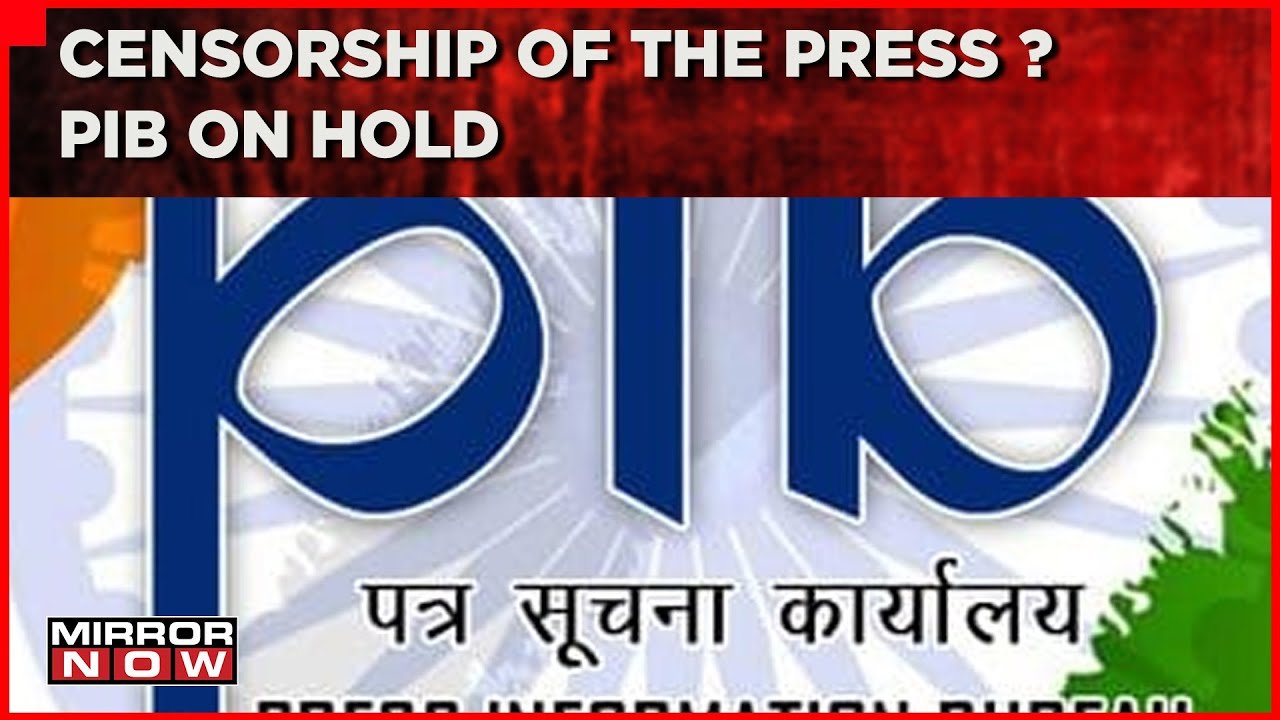
Why in news?
- The government has decided to put its Press Information Bureau (PIB) fact-check plan on hold.
- The decision comes in the wake of protests by the Editors Guild of India, the Indian Newspaper Society as well as The News Broadcasters & Digital Association.
What’s in today’s article?
- Fake News and Laws to Punish Offenders
- PIB fact-check plan – about, concerns
Fake News and Laws to Punish Offenders
- Meaning of Fake News: Fake news is referred to as those news stories that are false, fabricated, with no verifiable facts, sources or quotes.
- Types of Fake News: Satire or parody (no intention to cause harm), misleading content, imposter content, fabricated/false/manipulated content, etc.
- Laws to control effect of fake news:
- The Information Technology (IT) Act, 2008. The offence related to electronic communication shall be punished under section 66 D of IT Act.
- The Disaster Management (DM) Act, 2005. Whoever makes/circulates a false alarm/warning as to disaster/its severity/magnitude, leading to panic shall be punished under the DM Act.
- The Indian Penal Code, 1860. Fake news creating false alarm in public, fake news creating riots and information causing defamation shall be punished under different sections of the IPC.
PIB Fact-check plan as proposed by the government
- Recently, the government had released a modification to the draft Information Technology (Intermediary Guidelines and Digital Media Ethics Code) Rules, 2021.
- This modification proposed that any piece of news that has been identified as fake by the fact-checking unit of PIB will not be allowed on online intermediaries, including social media platforms.
- PIB is the Centre’s nodal agency to share news updates.
- Examples of online intermediaries include social media platforms, internet service providers, web hosting providers etc.
- The condition was added to the list of due diligence criteria that intermediaries must follow in order to enjoy legal immunity from third-party content that they host.
- The proposal also suggested that content marked as misleading by any other agency authorised by the government for fact-checking or in respect of any business of the Centre will not be allowed on online intermediaries.
- Hence, according to the latest proposal, there is now the possibility of content takedowns because something has been recognised as fake news by the PIB.
Concerns related to these proposals
- Empowers government to take down any news which does not suit its agenda
- Analysts have expressed concern that anything that contradicts government’s stand might be used to justify content takedowns.
- The determination of fake news cannot be in the sole hands of the government as it will result in the censorship of the press.
- Government is legislating to become a judge in its own cause
- The government, through the proposed amendment, is taking a step to effectively muzzle criticism and even fair comment.
- PIB, or an agency of the central government, is ill-equipped:
- The identification of fake news requires the highest standards of fairness and due process to ensure factual accuracy of reports about government business.
- In this context, many analysts believe that PIB, or an agency of the central government, is ill-equipped to handle such issues.
- PIB’s fact-checking unit was set up in 2019 to verify news related to the government’s ministries, departments and schemes.
- It routinely flags content that it believes is false or misleading, yet it rarely explains why it has flagged a specific piece of information.
- The PIB’s fact-checking unit has itself tweeted (occasionally) inaccurate information.




